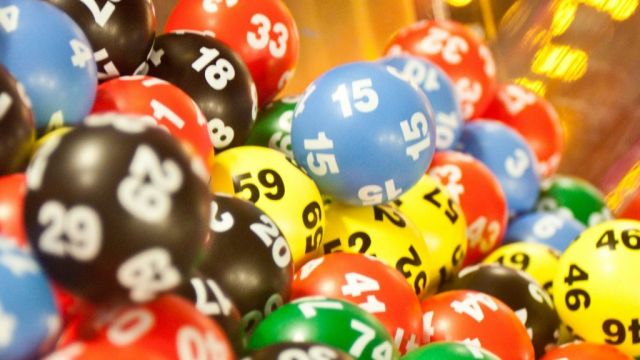Lottery gambling, often perceived as a game of chance, captivates millions worldwide with its promise of turning dreams into reality with the flip of a ticket koitoto togel. While it stands as one of the oldest forms of legalized gambling, its allure and controversy remain ever-present in society today.
The Appeal of Lottery Gambling
Lotteries are deeply ingrained in the cultural fabric of many nations, often seen as a harmless form of entertainment that also funds public initiatives like education and infrastructure. At its heart, lottery gambling is accessible to almost everyone, requiring little more than a few dollars and the hope that luck is on your side. This accessibility is a major draw, appealing to individuals from all walks of life who dream of a life-changing windfall.
The Psychology of Lottery Gambling
Psychologically, lotteries tap into deep-seated human desires and behaviors. The mere act of purchasing a lottery ticket triggers a surge of optimism, with players imagining what they would do with their newfound wealth. This optimism, often disproportionate to the actual odds of winning, speaks to the power of hope and the human ability to dream.
The Dark Side of Lottery Gambling
However, lottery gambling is not without its criticisms. For many, it preys upon the vulnerable by offering a slim chance of escaping financial hardship through gambling. Studies have shown that those with lower incomes are more likely to spend a higher percentage of their income on lottery tickets, effectively creating a regressive tax that disproportionately impacts those who can least afford it.
The Odds of Winning
The odds of winning a lottery jackpot are notoriously slim, often described as “one in millions” or worse. Despite this, millions of people continue to participate, driven by the belief that “someone has to win.” This belief is bolstered by stories of ordinary people who beat the odds and became overnight millionaires, reinforcing the idea that it could happen to anyone.
The Impact on Society
Lotteries also have a significant impact on society beyond their entertainment value. They provide substantial revenue for state and national governments, funding everything from public education to cultural institutions. This revenue, however, comes at the expense of those who contribute to it, often with little chance of recouping their investment.
The Future of Lottery Gambling
Looking ahead, the future of lottery gambling is likely to evolve with advances in technology. Online lottery platforms are already expanding access to games of chance, potentially increasing both participation and revenue. However, this raises new concerns about addiction and the potential for increased financial harm, particularly among vulnerable populations.
